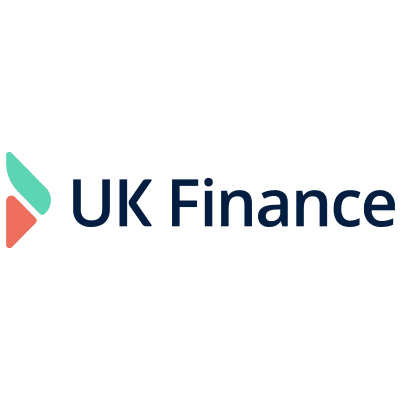7 Ways to Raise £100k For Your Business
With the uncertainty surrounding today’s economy, how on earth do you go about raising enough money to start a business?
To help answer this question we’ve put together a few options you could explore to raise £100,000 for your business.

A recent report by the National Association of Commercial Finance Brokers shows commercial lending is down 60% year-on-year compared to 2008. The worst hit areas are commercial mortgages (-51%), buy-to-let mortgages (-87%) and bridging loans (-77%).
In fact, all forms of commercial lending are down apart from invoice finance, which has been the saving grace for many businesses. Invoice finance has grown 20% compared to 2008, showing that lenders still have an appetite for this form of finance.
Raising money for a business can be tough in today’s economy, but that doesn’t stop the need for funding in order to start, grow or even sustain business activity.
1. Family and friends
Borrowing money from family and friends is typically the most flexible way of raising money for a business. People who borrow money by these means usually accrue less debt and are more prudent as they only borrow what they need.
However, there are potential pitfalls in borrowing money from friends and family. What happens if the business doesn’t go well, you fall behind on repayments or the person lending you the money wants to get involved in the day to day running of the company? No one wants to fall out with friends and family so consider this carefully, and think about drawing up some agreements as you might with any other ‘official’ lender.
2. Enterprise Finance Guarantee (EFG)
The EFG is a scheme set up by the government to support businesses requiring finance but who do not have the collateral necessary to secure a loan. To combat this problem the government will back 75% of the loan, which allows you to borrow between £10,000 and £100,000, with repayment terms of 3-10 years.
The scheme is suitable for both start-up and well established businesses, you just need to ensure you have a solid business plan and budget to demonstrate you can repay the loan.
To find out more, contact your local bank and they should be able to talk you through the scheme and advise you on whether you qualify.
3. Release funds from unpaid invoices
Over a million businesses in the UK are now affected by the late payment of invoices. With a lack of cash flow you could find business growth is being hindered and, in some severe cases, threatening the future of the company.
Using invoice finance you could release up to 100% of the cash tied up in your sales ledger, with the cash typically made available to you within 24 hours of raising invoices.
There are over 50 lenders in the market and Touch has close relationships of many of them. Our expert consultants can help you find one who could provide you with the finance to help get your business back on track and help fuel the growth of the business.
You could be eligible to use invoice finance if you raise invoices to other businesses and your projected turnover for the next twelve months is over £50,000.
4. Refinance property
Although Commercial Mortgage Lending in the UK has been way down compared to 2008, there are signs the market is picking back up. There could be an opportunity for you to release cash which is tied up in the value of your property.
A quick phone call to your local independent mortgage broker will give you an indication on how much cash you could raise against your property value.
5. Asset Based Lending
Using asset based lending, you could release cash tied up in your business assets. This could include equipment, property and your sales ledger, i.e. your debtor book.
Asset based lending is one of the few forms of commercial finance which has shown any growth during the recession. This is due to the lenders opting to lend money secured against assets which have a resale value, providing lenders with the necessary collateral.
6. Bank Overdraft
One of the most common forms of finance for a new and growing business is a bank overdraft. Funding a business in this manner though has a few disadvantages, such as a degree of inflexibility in terms of how much you get, but you also only pay interest daily on what you have withdrawn. There’s no obligation to draw down the entire amount as with a loan.
See our guide for more information on overdrafts and revolving credit.
7. Angel Investor
An angel investor is a person who invests in start-ups in exchange for equity in the company. In addition to providing finance, the investor could also provide ongoing guidance and support, like introducing you to their contacts to help fuel business growth.
Angel investors act as both individuals and also in investor groups, each pooling their cash, resource and contacts. The UK Business Angels Association would be a good place to start if you would like to explore this route.
To secure finance from an angel investor you should have a solid business plan, knowledge of your target market, and a good pitch.
Explore your options
If you’d like to know more about your options when it comes to invoice finance, discounting, unsecured loans or asset based lending, don’t hesitate to contact us today.
Fill in our contact form and one of our expert consultants will be happy to go through your business requirements to help you find the finance you deserve.




